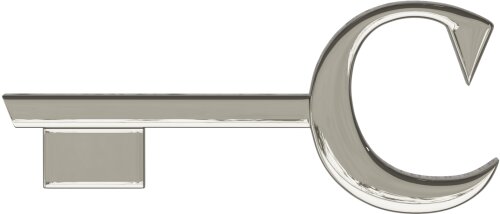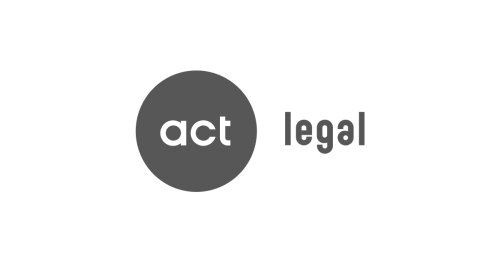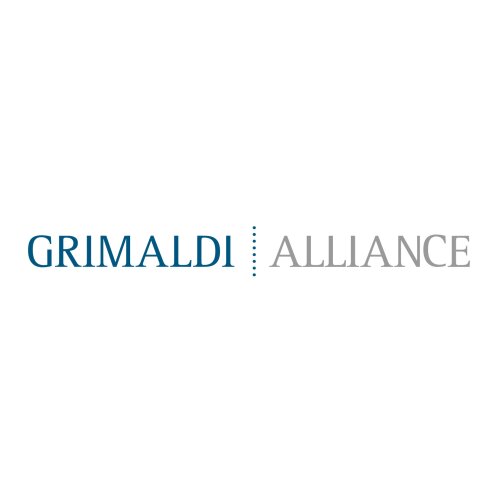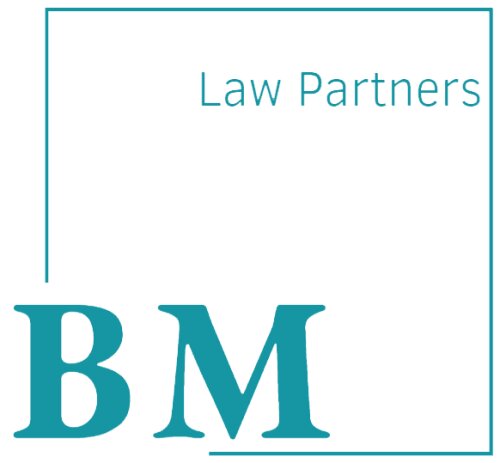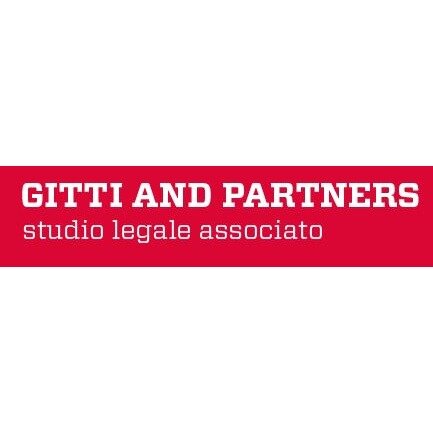Best Water Law Lawyers in Milan
Share your needs with us, get contacted by law firms.
Free. Takes 2 min.
List of the best lawyers in Milan, Italy
About Water Law in Milan, Italy
Water Law in Milan, Italy, refers to the collection of statutes, regulations, and legal principles that govern the use, management, allocation, and protection of water resources in the city and surrounding Lombardy region. Water Law encompasses areas such as rights to water access, pollution control, irrigation, municipal supply, industrial usage, and environmental safeguards. In Italy, Water Law is largely regulated at the national level but implemented and enforced through regional and municipal authorities, making local context like that in Milan especially important.
Why You May Need a Lawyer
Navigating Water Law in Milan can be complex due to overlapping regulations, multiple stakeholders, and technical requirements. Common situations where legal assistance might be required include:
- Obtaining permits for water usage for agriculture, industry, or construction
- Resolving disputes over private or communal water rights
- Challenging fines or penalties related to water pollution or regulatory breaches
- Negotiating contracts involving water supply or wastewater services with public or private entities
- Ensuring compliance with environmental standards for businesses
- Dealing with water access issues in real estate transactions
- Representation before administrative bodies or courts regarding water management issues
Local Laws Overview
Key aspects of Water Law in Milan include both Italian national legislation and regional/local implementation. Notable laws and regulations relevant to water management and protection are:
- Legislative Decree 152/2006 (Environmental Code) - The primary legislation regulating water quality, pollution limits, and sustainable usage across Italy.
- Regional Water Plans - Lombardy Region, which includes Milan, enacts water management plans that determine distribution priorities, conservation projects, and infrastructure investment.
- Local Municipal Regulations - Milan’s municipality governs aspects of water supply, sewage, and public health, setting out rules for connections, meter installations, and stormwater management.
- Public and Private Water Rights - Italian law distinguishes between public waters (most rivers, lakes, groundwater) and private rights allowing certain traditional or historic uses under licence.
- Environmental Protections - Businesses must comply with discharge limits, treatment obligations, and pollution controls set at both national and local levels to avoid fines and sanctions.
Frequently Asked Questions
What permits are required to use water for agricultural or industrial purposes?
You typically need an authorization from the regional authority, which considers water availability, environmental impact, and existing rights. The process involves submitting an application, supporting documentation, and may require an environmental impact assessment.
Who is responsible for water supply and sewage services in Milan?
Water supply and sewage services are managed by public or semi-public utilities regulated by the municipality. In Milan, the main operator is MM Spa, which handles distribution, treatment, and maintenance.
Can individuals or businesses drill wells for their own water supply?
Drilling a well requires prior authorization from the relevant local or regional authority. There are strict regulations on groundwater extraction to prevent resource depletion and protect public supplies.
How are disputes over water rights resolved?
Disputes may be settled through negotiation, mediation, or in court. Expert legal advice is essential, as cases often require understanding historical rights, environmental standards, and contract law.
What are the penalties for water pollution in Milan?
Penalties can include administrative fines, orders to remediate pollution, and even criminal charges for severe breaches. Both national and regional agencies enforce these penalties.
What is the process for reporting contaminated water or illegal discharges?
Reports can be made to the local ARPA (Agenzia Regionale per la Protezione dell’Ambiente) office, the municipality, or, in urgent cases, the police. Prompt reporting enables rapid investigation and intervention.
Are there restrictions on water usage during drought or water shortages?
Yes, during droughts or shortages, the Lombardy Region or Milan municipality may impose temporary restrictions on both individual and industrial use to prioritize essential needs and reduce consumption.
How does Water Law impact real estate development in Milan?
Developers must comply with regulations on stormwater drainage, sewage connection, and may need to conduct hydrological studies. Failure to comply can delay or halt permitting and construction.
Do non-Italian citizens or foreign companies have the same water rights?
Generally, water rights and obligations apply equally regardless of nationality, but certain licensure or approval processes may have additional requirements for foreign individuals or entities.
What legal recourse is available for flood damages caused by infrastructure failures?
Victims of flood damage can seek compensation through civil lawsuits against responsible parties, often municipalities or private infrastructure operators, if negligence or regulatory violations are proven.
Additional Resources
If you need further information or help with Water Law in Milan, consider these sources:
- Regione Lombardia (Lombardy Region): Oversees regional water planning, permits, and environmental protection.
- Comune di Milano (City of Milan): Provides services and regulations concerning municipal water and sewage.
- ARPA Lombardia: Regional agency monitoring environmental compliance, water quality, and pollution.
- Consiglio Nazionale Forense (National Bar Council): For finding qualified legal professionals.
- Chamber of Commerce of Milan: Offers information and mediation on business-related water issues.
Next Steps
If you believe you need legal assistance in Water Law:
- Gather all relevant documentation such as permits, correspondence, contracts, environmental reports, and any notices of alleged violations.
- Contact a lawyer with specific experience in Water Law or environmental law in Milan. Look for specialists registered with the Milan Bar Association.
- Prepare a detailed summary of your situation, including timelines, stakeholders, and previous actions taken.
- Schedule an initial consultation to discuss your case, possible strategies, and understand your rights and obligations under local and national laws.
- Follow all legal requirements for notifications, compliance, and appeals to avoid additional penalties or loss of rights.
Legal processes in Water Law can be technical and time sensitive. Acting promptly and securing knowledgeable legal support is the best way to protect your interests in Milan.
Lawzana helps you find the best lawyers and law firms in Milan through a curated and pre-screened list of qualified legal professionals. Our platform offers rankings and detailed profiles of attorneys and law firms, allowing you to compare based on practice areas, including Water Law, experience, and client feedback.
Each profile includes a description of the firm's areas of practice, client reviews, team members and partners, year of establishment, spoken languages, office locations, contact information, social media presence, and any published articles or resources. Most firms on our platform speak English and are experienced in both local and international legal matters.
Get a quote from top-rated law firms in Milan, Italy — quickly, securely, and without unnecessary hassle.
Disclaimer:
The information provided on this page is for general informational purposes only and does not constitute legal advice. While we strive to ensure the accuracy and relevance of the content, legal information may change over time, and interpretations of the law can vary. You should always consult with a qualified legal professional for advice specific to your situation.
We disclaim all liability for actions taken or not taken based on the content of this page. If you believe any information is incorrect or outdated, please contact us, and we will review and update it where appropriate.






